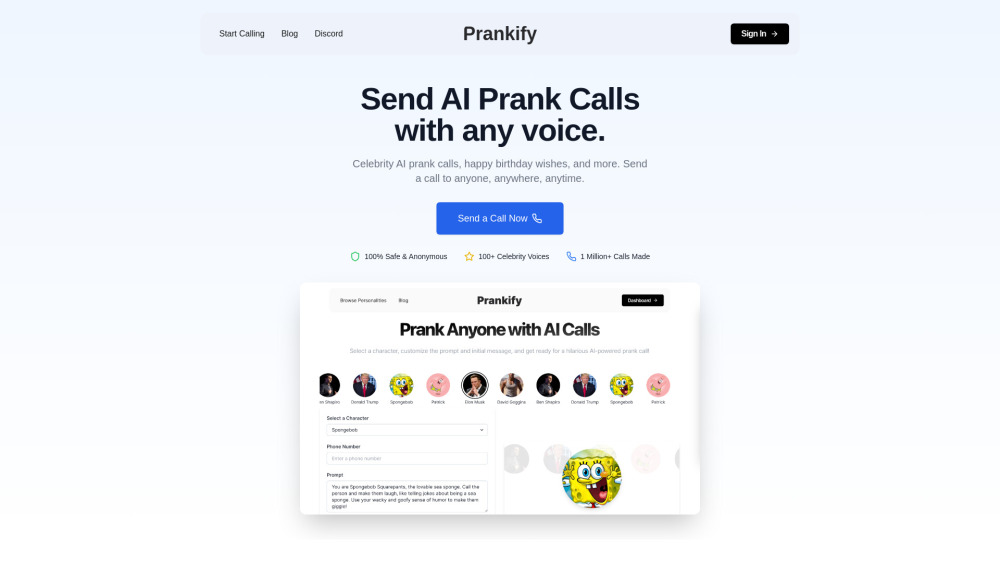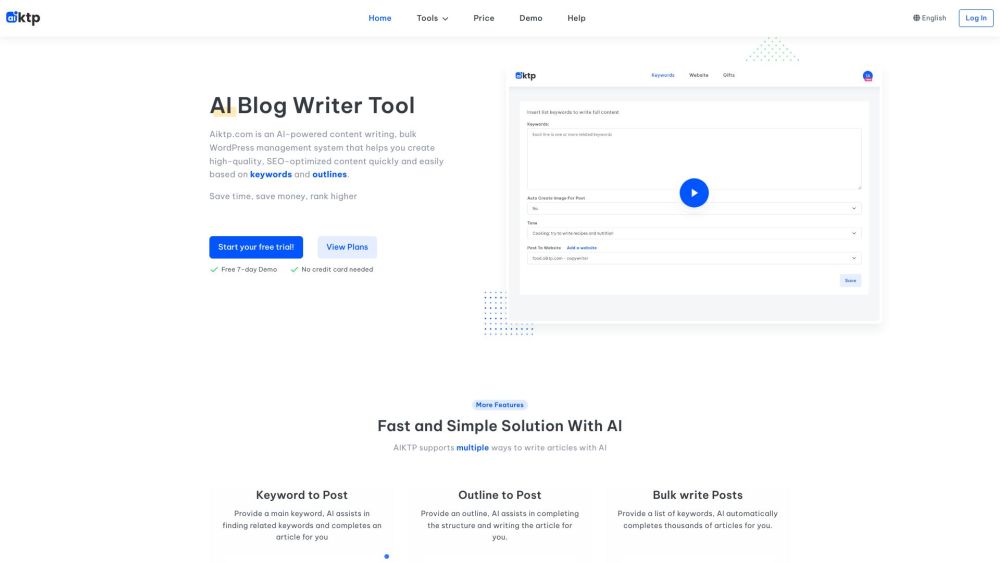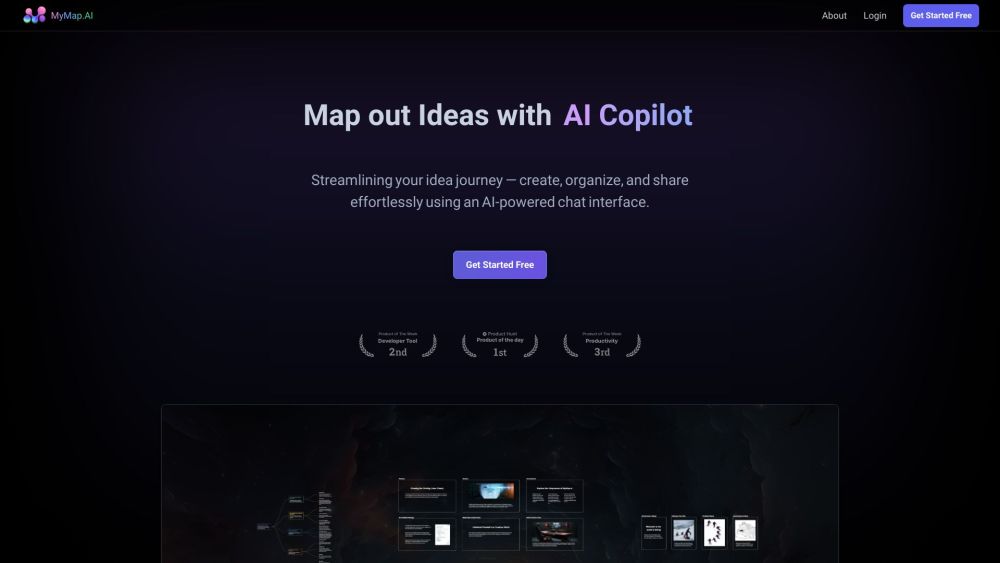OpenAI is at the forefront of developing AI that rivals human intelligence, yet concerns about safety continue to emerge from within the organization. According to an anonymous source speaking to The Washington Post, employees feel that the company rushed safety tests and celebrated product launches before confirming their safety. “They planned the launch after-party prior to knowing if it was safe to launch,” the employee disclosed. “We basically failed at the process.”
Safety issues have become a significant concern for OpenAI, with current and former employees signing an open letter demanding improved safety and transparency practices. This comes on the heels of the dissolution of its safety team following the departure of cofounder Ilya Sutskever. Jan Leike, a prominent researcher at OpenAI, resigned soon after, asserting that “safety culture and processes have taken a backseat to shiny products.”
OpenAI's charter emphasizes safety as a core mission, promising to assist other organizations in advancing safety if artificial general intelligence (AGI) emerges from a competitor. Despite its claims of dedication to solving inherent safety challenges, the culture within the organization suggests that safety concerns are being sidelined.
An OpenAI spokesperson mentioned, “We’re proud of our track record providing the most capable and safest AI systems and believe in our scientific approach to addressing risk.” However, a report commissioned by the US State Department warned that current developments in AI could pose significant risks to national security, likening it to the introduction of nuclear weapons.
The internal turbulence at OpenAI intensified following a boardroom coup that temporarily removed CEO Sam Altman, with accusations of lack of transparency in communication. While an OpenAI spokesperson insisted that the launch of GPT-4o adhered to safety protocols, another representative acknowledged that the safety review was compressed into a single week, prompting a reconsideration of their review procedures.
In response to ongoing criticism, OpenAI announced a collaboration with Los Alamos National Laboratory to explore how advanced AI models can safely assist in bioscientific research. They also reported developing an internal scale to track advancements toward AGI, aiming to address safety concerns.
Despite these safety-focused initiatives, many experts believe that public relations efforts will not be enough to address the underlying issues. FTC Chair Lina Khan pointed out that the control of critical AI tools lies with a small group of companies, raising concerns about the influence of a single organization over potentially transformative technology.
If the numerous allegations regarding OpenAI’s safety protocols are true, they severely challenge the organization’s claim to be a responsible steward of AGI. As calls for transparency and safety grow, the implications of privatized AGI development extend far beyond Silicon Valley, highlighting the urgent need for accountability in the face of revolutionary technology.




